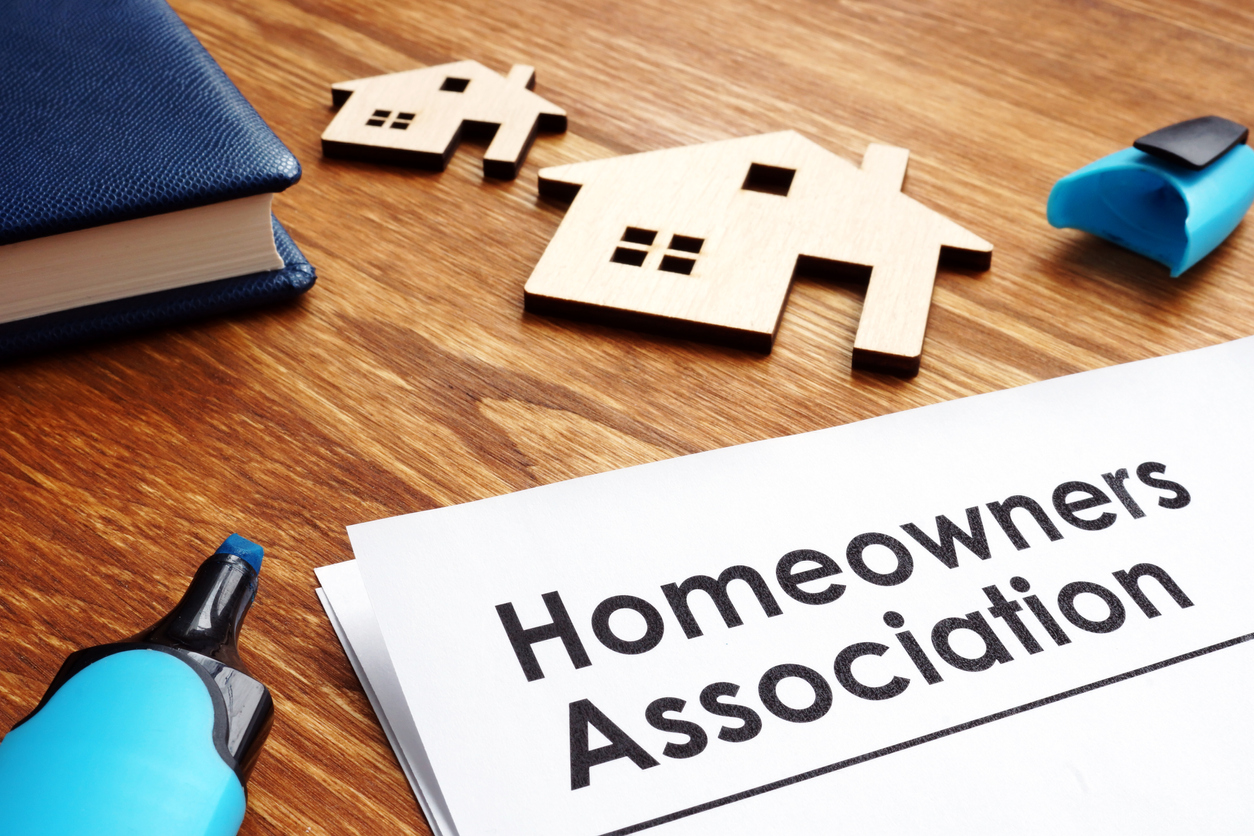
A lot of people have heard of a homeowners association or a condo association, or may even be part of one right now, but may still have questions. It could be as simple as getting a better understanding of what an HOA does and what it can enforce to what happens if a member doesn’t pay their fees.
Living in a community that’s run by an HOA or condo association will bring up these questions and others when it involves someone’s rights and responsibilities. Here are some frequently asked questions.
What Happens If I Don’t Pay?
Most homeowners take advantage of the protections that living in a homeowners association provides them. Every HOA is run a little differently from the next one, but most can be looked at in a general sense. For instance, any late payment or violation receives a reminder given in person or by mail. From there, someone can expect further action to be taken, such as penalties and higher fees if they do not pay.
What Can an HOA or Condo Association Regulate?
A condo or homeowners association has responsibilities and powers that can be determined by consulting its documents, such as covenants, conditions, and restrictions, or CC&R’s. Parts of these will describe the workings of the HOA or condo association itself, but the rest describes what it can do as well as when and how.
The authority of an HOA or condo association may cover things like the upkeep and maintenance standards owners are expected to meet as members of the community. Part of living in an HOA or condo association means agreeing to keep a home, its surrounding property, and lawn in good condition.
How Does an HOA Board Enforce Rules?
While limited to some measure by state and local regulations, HOA and condo association rules and regulations are also supported. This essentially means that becoming a member includes entering a legally binding contract with an HOA or condo association. As long as the HOA stays within its authority, courts will usually uphold their actions if an issue comes up. That being said, it can be a mistake for an HOA or condo association to feel that it can operate without jurisdiction or with the perennial confidence of the local courts. In this case, it’s important for an HOA or condo association to invest in Directors and officers insurance or similar coverage to make sure it can pay legal fees and payouts to members.
Disciplinary actions by an HOA or condo association are usually in the form of fines, but in more serious instances may go as far as a lien on the property in question. For an offense that is deemed even more drastic, an HOA may even be able to foreclose on a home.
Can an HOA Stop a Party from Happening?
A popular question by those who love to entertain, some want to know the exact limits that an HOA or condo association has when it comes to parties in the community. The clubhouse, for instance, is most likely the area where members plan the most events, so HOA members want to make sure they are able to entertain without having to deal with an HOA looking over their shoulder.
However, even though homeowners share ownership of common areas, such as clubhouses, it doesn’t give them the freedom to do what they wish. It’s worth having a conversation between HOA members and the board they answer to when it comes to rules and regulations. In some situations, an HOA’s CC&R’s might give the HOA or condo association the right to prevent a particular homeowner the use of the common areas.
About Kevin Davis Insurance Services
For over 35 years, Kevin Davis Insurance Services has built an impressive reputation as a strong wholesale broker offering insurance products for the community association industry. Our president Kevin Davis and his team take pride in offering committed services to the community association market and providing them with unparalleled access to high-quality coverage, competitive premiums, superior markets, and detailed customer service. To learn more about the coverage we offer, contact us toll-free at (855)-790-7393 to speak with one of our representatives.


